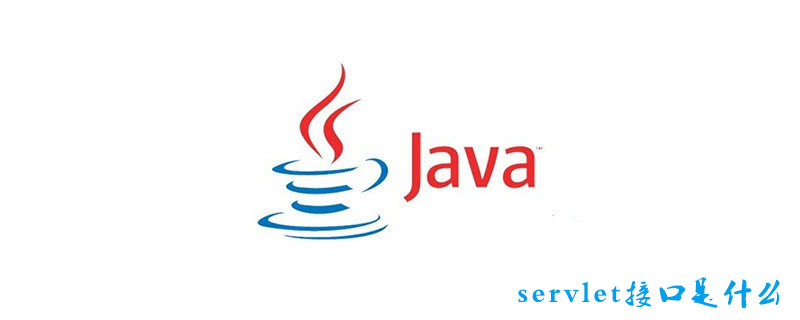

Recommended course:Java tutorial
Servlet interface
Definition
public interface Servlet
This interface defines a Servlet: a Java class that inherits this functionality on the Web server.
Method
1. init
public void init(ServletConfig config) throws ServletException; //Servlet引擎会在Servlet实例化之后,置入服务之前精确地调用init方法。在调用service方法之前,init方法必须成功退出。
If the init method throws a ServletException, you cannot place this Servlet into the service. If the init method throws a ServletException, If it is not completed within the timeout range, we can also assume that this Servlet is not functional and cannot be placed in the service.
2, service
public void service(ServletRequest request, ServletResponse response) throws ServletException, IOException;
The Servlet engine calls this method to allow the Servlet to respond to the request. This method cannot be called before the Servlet is successfully initialized. The Servlet engine can block pending requests before the Servlet is initialized.
After a Servlet object is unloaded, the Servlet engine cannot call this method until a new Servelt is initialized
3.destroy
public void destroy();
When a Servlet is removed from the service When removed, the Servlet engine calls this method. The destroy method cannot be called when all threads in the service method of this object have not exited or are not considered by the engine to have timed out.
4. getServletConfig
public ServletConfig getServletConfig();
Returns a ServletConfig object. As a Servlet developer, you should store the ServletConfig object through the init method so that this method can return this object. For your convenience, GenericServlet already does this when executing this interface.
5. getServletInfo
public String getServletInfo();
Allows the Servlet to provide information about itself to the Servlet runner of the host. The returned string should be in plain text format without any flags (e.g. HTML, XML, etc.).
The above is the detailed content of What is servlet interface. For more information, please follow other related articles on the PHP Chinese website!